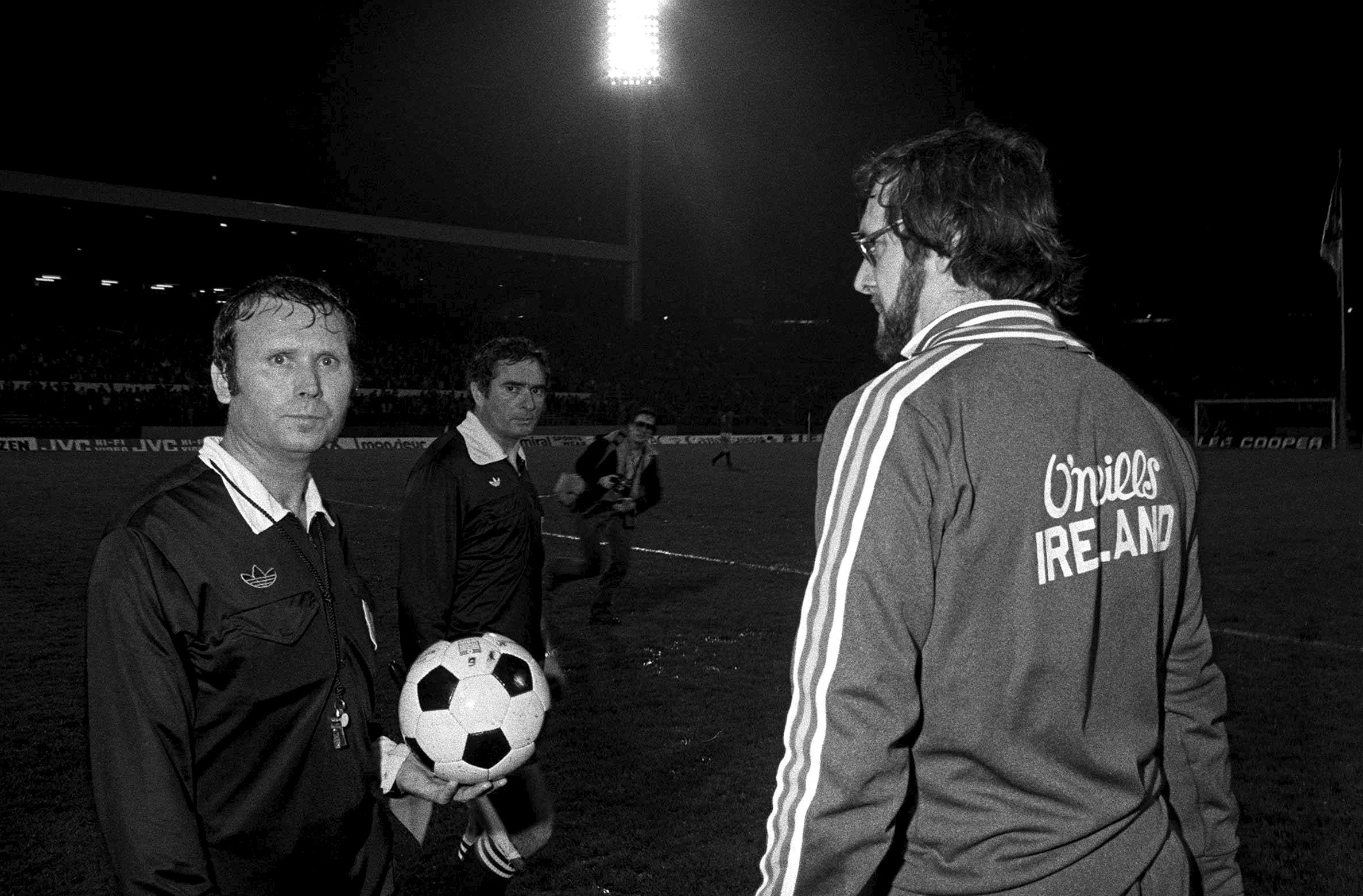Joys Niteclub on Baggot Street was, according to an article published after it closed in 2014, “the funniest, sometimes sleaziest, sometimes chicest, most glorious and longest-running late, late, late, night club in Ireland. Every great city has a Joys”. The article went on to reference the eclectic mix of people that could be found in Joys late at night and, indeed, early in the morning. “Joys was favoured by politicians and journalists unable to sleep,” one writer recorded in his memoir. “The music was vintage pop. The clients were generally older, the lost and the lonely: middle-aged men wearing Marks…
Cancel at any time. Are you already a member? Log in here.
Want to read the full story?
Unlock this article – and everything else on The Currency – with an annual membership and receive a free Samsonite Upscape suitcase, retailing at €235, delivered to your door.

